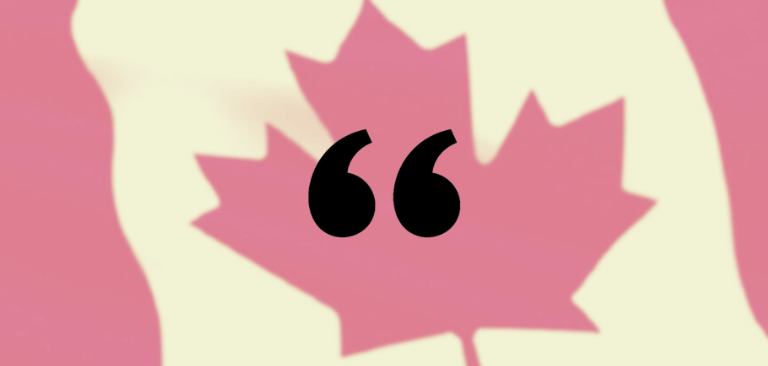Canada intends to base its new online hate law on a previous, controversial Whatcott Supreme Court decision, that some legal experts and lawyers warned went as far as to “outlaw” truth as no longer a viable legal defense.
The French-language website La Presse writes that the initiative to pass the legislation that would ban “hateful and violent (content) and child pornography” on the internet comes from Minister of Canadian Heritage Steven Guilbeault.
Guilbeault didn’t provide details of the legislation’s provisions, but did reveal that a “regulator” would be appointed to monitor social media for “hate speech,” incitement of violence and more. This officer will be able to make audits and impose fines that will go into millions and tens of millions, he said.
Guilbeault also didn’t miss the opportunity to use the Capitol Hill events as justification for his proposal, which he wants to fast-track through Canada’s parliament. But perhaps more worryingly for those who are already voicing their concerns that this new law would further curtail their online freedoms, is the fact the article confirms the definition of hate speech will be borrowed from the Whatcott decision.
The controversy around the issue lies in the reasoning behind Canada’s top court decision that proclaimed Bill Whatcott, a Christian evangelist, guilty of hate speech because of the language he used to refer to homosexuality.
But in order to protect homosexuals from being perceived negatively, the Supreme Court went too far in infringing on freedom of speech, and of religion, critics said.
This criticism came from both left and right, caused by the way the judge in charge of the case explained the ruling.
“Truthful statements can be presented in a manner that would meet the definition of hate speech, and not all truthful statements must be free from restriction,” the judge wrote at the time.
Interpreting this, Chris Schafer of the Canadian Constitution Foundation said: “Even if something may be true, it’s not a defense at Human Rights Tribunals, and that is particularly scary.”
And now Canada plans to deal with “hate speech” online based on that same principle.










